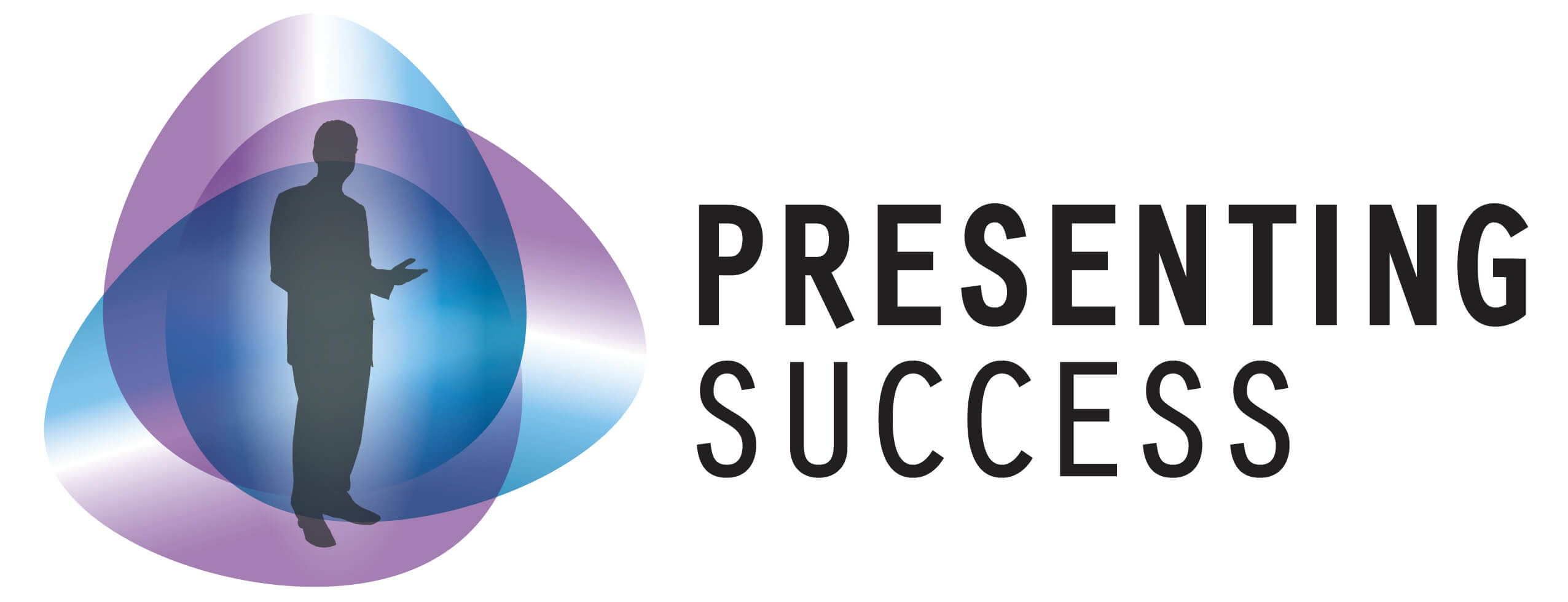First impressions "How should i open my presentation?" is a question we get asked often.…

Learning from your presentation – what comes next?
You’ve finished your presentation; now’s the time to capture your thoughts about what went well, and what you’d like to do differently next time. Find a way of capturing those thoughts because you will forget if you just leave it to your memory. And immediately afterwards is a great time to reflect.
Ask for feedback from people who were there. Not just at the time, but a day or so later. Be open to their ideas and suggestions. Accept the compliments, graciously; and listen and understand the ‘do differently’ feedback. Don’t justify why you did such and such. That’s not important and it will stop people from telling you what they really think. But remember it’s only their thoughts; it’s only their view. It’s just feedback; you don’t have to change anything you don’t want to. But do think about it.
Then, when you’re familiar with the talk you can begin to see how you can really bring it alive. What new stories or examples could you bring in to make your points even more strongly. Could you start in a different place for more impact? Maybe don’t make wholesale changes unless you’re feeling very confident, but just small changes which will make the difference.
Or maybe you have ideas for other talks you could give. Or maybe you’d like to give your presentation in an entirely different way. Maybe there are other points you could make. Or would you want to include some video or a sound recording. Or have the slides done more professionally?
Whatever you do after your presentation make a commitment to doing it again. Don’t give up saying ‘I can’t do this’. Yes you can. Watch any really good speaker and be assured their talk has been given many times to get it that good. Martin Luther King’s “I have a dream speech” was given many times before it became the classic that changed the world. We’re told that even he was bored with it.
So, do your talk enough to get familiar with it, even bored, if you will. But don’t give up on it, if it’s what you really believe. Then you can ‘play’ with it and truly focus on the audience so they get the best of it.
By the way, if the speaker really is bored with the talk then it’s time for them to find something else to speak about, or to look at it in a different way; to re-generate their interest in the topic.
My own experience from being completely tongue-tied in front of my Board of Directors when I was in my 20s and nearly losing my job because of that, to training thousands of people to speak well in public, is testament to learning and growing from each experience. If I can do it, so can you!



